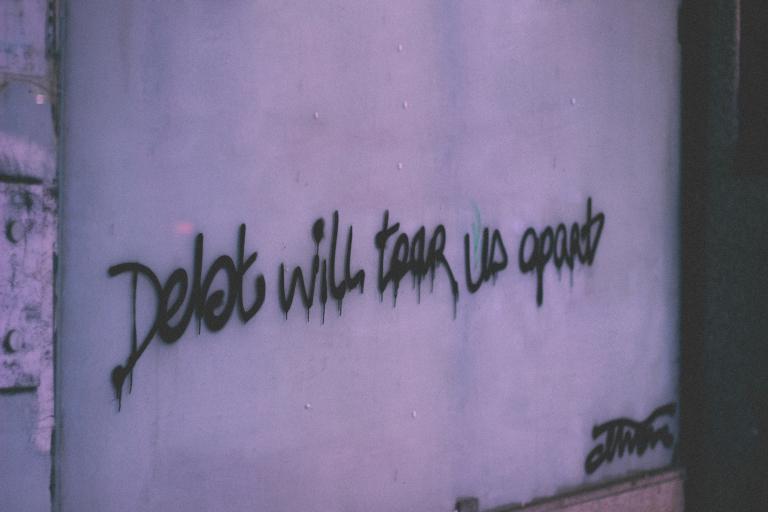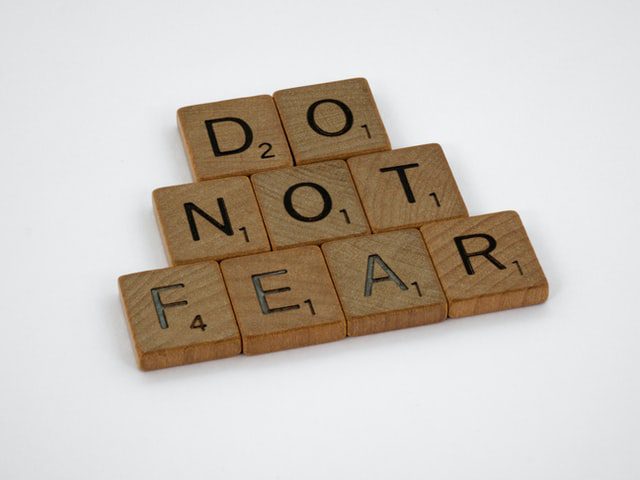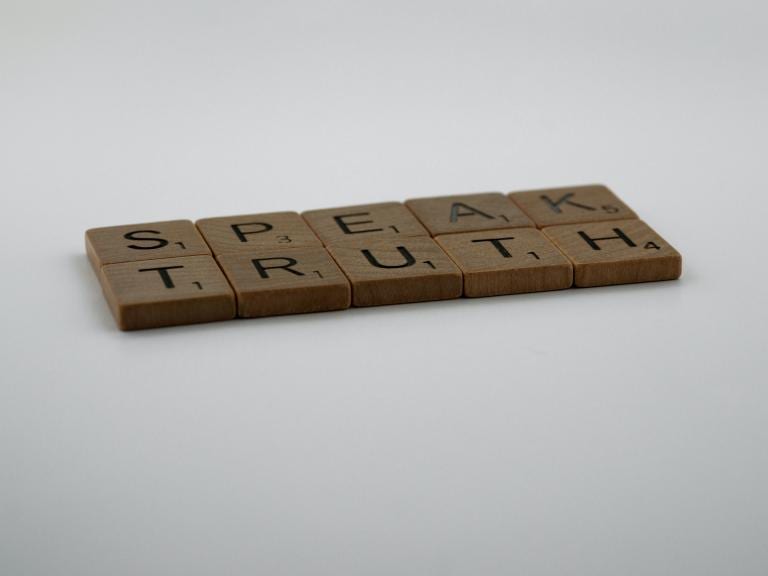
Cruelty Culture is the Norm
American Psychologist Abraham Maslow never attributed the need to be cruel on any hierarchical diagram, yet we are immersed in a culture of cruelty that accepts such a practice as necessary. “Cruel to Be Kind” echoed on radio stations decades ago, and it would appear as if the theory disclosed in the lyrics has become the norm.
It’s evident from interactions in our daily lives, that many of our exchanges include a dose or more of intentional cruelty. Some people call it “tough love.” Others justify it with self-righteousness. Although, identity politics has catapulted our culture into this routine with vigorous force. Far too often, we actively choose to resort to low-level interactions that drain us more than they energize us. Somehow, cruelty has become the new method of charging our conversations.
Identity Cruelty
How we align ourselves on the spectrum of politics, religion, or social issues depends upon the labels that we have picked up and attached to ourselves, over the years. We are seduced into grasping and clinging on to characterizations of ourselves by all of the flashy, silky, sparkly categories that are available to us. A habit that we developed early in American colonization and it apparently remained popular.
What ends up happening is that we grasp onto our identities with a firm grip and refuse to allow any incoming information that might ask us to reexamine ourselves in. We would rather the other reexamine their beliefs and values before we would inconvenience ourselves to do that same. We know who we are, after all.
The categories we give not only to ourselves but to others, allows us to justify our cruelty. It gives us permission to “other” people, especially those we haven’t bothered to try and understand. We listen for cue words to tell us about readily consumable alterity of the person we are engaging with, instead of listening to understand where the other is coming from. We figure we don’t need to understand someone if we can just paint them with a broad brush and call it a day.
Cruelty is Cost-Effective
Dialogues today, whether they are exchanged face-to-face or via social media, lack civility and compassion. An even greater deficiency lies in our ability to actually understand one another.
Why bother if we already have a label attached to that person? We already know all we need to about that particular label, we tell ourselves, and so we rarely grant people the opportunity to tell us anything new. Or maybe they do, but we aren’t listening? We are too busy preparing our next remarks. We have to get them in while we can, especially if others are watching; even more so when the like-counter is tracking our engagement.
Cruelty is simple. It takes little effort and even less thoughtfulness. The challenge comes in being compassionate. Why is that? Because it requires us to pause and forgo the urge to come into the dialogue with assumption and accusation.
Cruelty is Convenient
We take comfort in our habitual patterns because it requires little thought- it’s simple. If I don’t have to exert myself in this dialogue, then I won’t feel as if I wasted my time in this dialogue if it ends up not being productive. Cruelty is cheap and we have little cash to spare.
However, in our current culture, we want convenience of conversation and we want those conversations to also be efficient. Clarity is too high a cost to pay for connection, so we settle for thoughtless, uninformed cruelty, and we toss it out like dollar bills at a strip club. For many of us, it’s all about the quantity of insults rather than the quality of intentional impact.
Cruelty creates a debt. And if you think the collectors aren’t going to come looking for a payment, you’re sadly misinformed. The debt takes a toll on our emotional intelligence. It limits our capacity for awareness, control and expression of our emotions, and the ability to handle relating to one another on a personal level.
Such a debt takes a toll on our ability to connect. Effectively, cruelty creates a debt and if a payment isn’t made, disconnection is inevitable.
Mindfulness Mitigates
Compassion is “costly” because it requires mindfulness. And stepping into a mind–full moment requires energy that we are not accustomed to harnessing. It requires enough energy to take our ego and shove it to the side. Once we remove the ego from the present, we have space to receive and process. For the cost, what we get in return is a qualitative conversation
Mindfulness is stillness in God. (Psalm 46:10) It’s what Eckhart Tolle’ calls “the language God speaks.”
It’s the space between where we make an active choice to observe the ego’s desire to react from a place of the past or the future but instead, choose to allow the Essence of who we are to respond- from within the present moment.
Insta-Cruelty
Reflection isn’t just an image we see when we look in the mirror. It’s also a process by which we allow the message we received to be fully comprehended. It’s chewing on the bite of perspective we took before swallowing it down. If we don’t chew our food, we can choke on it. The same goes with our thoughts and our responses.
Insta-everything has conditioned us to believe that we are obligated to respond immediately. Our devices are too conveniently available for us to react to everything that flashes before our eyes. Paranoia ensues if a message is left on “read” without response. If we don’t get an instant response, we instigate further by adding insult to injury. We don’t really care; we just want to release all of these feelings we have. We have lost the appreciation for a well-reasoned response and instead demand an insta-reaction.
Even outside of the smart world, when face-to-face in a dialogue, a pause or any prolonged silence signifies, for many, hesitation, ambivalence- or worse, uncertainty. We expect that for every question we have, there must be an immediate answer. Aren’t we all walking search engines?
Expectation is a Knock-Off
We enter into most of our dialogues with a lot of expectations. We expect to be heard, to be understood, to be recognized. We expect that we will be appreciated for our contribution. We expect that our self-expression will be recognized. Well, our ego expects that. Expectation is of the ego. And expectation is instant and cheap.
Underneath expectation lies judgement, and we like judgment because it makes us feel like we are principled people who have made proper moral decisions. The problem here is that when there are expectations, that means there are standards and standards get in the way of authenticity.
Authenticity is antithetical to the status quo. Why does this matter? Most of us play in the field of conformity more than we care to admit. We don’t question our own side. We don’t want to hear the other side. And if we start asking too many questions, we may appear to be a traitor to our tribe. Breaking with conformity means breaking with our labels. And labels mean something to us.
The labels are just a façade, really. You can slap a label on anything and call if whatever you want. It doesn’t make it so. Just like that Gucci you tried to pawn; expectation is just a knock-off.
When we settle for a fake, preconceived categorization; we stop seeing the human being in front of us and instead revert back to seeing the person solely as a label. All expectation really is, is a way to exclude the other. It allows us to justify an “us versus them” mentality, especially if they don’t agree with us. If they don’t agree with us, they can’t sit with us. Expectation is cafeteria cruelty.
What’s Cooler and Cheaper than Cruelty?
The ego utilizes cruelty because cruelty provides drama, chaos, hate and division- all the ingredients that the ego needs to remain in the driver’s seat; all at a low cost. But is the cost really so low? Our ego feeds off the ego of others. The back and forth we engage in only grows the ego, drains energy, and perpetuates a false feeling that unless we keep going, we are creating a deficit in our identity.
To starve the ego, we have to pay the low, low price of compassion. It’s actually not as costly as cruelty in the long run. Compassion produces a tangible return, with interest. In fact, investing compassion into a conversation is about one of the most lucrative investments a person can make.
The initial down payment is minimal in comparison to the nickeling and diming expectation does. A bit of a pause does cost time, and although we act like time is limited, it’s really just an illusion. If we have time to be cruel, we have time to be cool and being cool means connecting compassionately.
When we invest compassion into a conversation, it exponentially increases not only energy, but connectivity. Better yet, is that it is relatively easy to learn how to play the market. It starts with accepting that you are the onus of the change you want to see. That means it starts with you.
Can It Be Done?
Yes. It starts with entering into a dialogue without the pretense of rightness. Experiences shared and perspectives exchanged operate best within an atmosphere of empathic reflection. By that I mean that we are giving the message received time to marinate. Theodore Zeldin once stated that “thoughts need time to make love,” and no one likes quickies all that much. When we receive a message, we have to decipher it properly- patiently- if we are to make good use of our illusory time.
This is where the additional energy comes in; when we allow ourselves to fully process what we have heard (or read); we have the opportunity to discover what it the most salient in the moment of exchange. We can look to see what’s underneath the words to reveal more about the person we are conversing with. This is where connection is conceived. It’s through allowing space for the other to penetrate past the ego, that we can give our full attention to not only them, but the entire experience we are sharing.
We Are Already Victims of Cruelty
Praise the courage to be authentic- both to the other and to yourself. People really are more willing to listen to your stories than they are your statistics. We humans are biologically programmed for connection, so it’s safe to say that we have a natural inclination toward compassion, and we get there by recognizing our commonalities.
Wouldn’t it be better if we could see how alike we are, all the while realizing how incredibly unique we are; if we related on a more human level? We have all been hurt. We all have wounds. We all have scars and baggage from bitter past exchanges.
What if we entered into conversations being aware that we have all been victims of cruelty, and with that, dove into a dialogue with curiosity and care? It could transform how we communicate.












